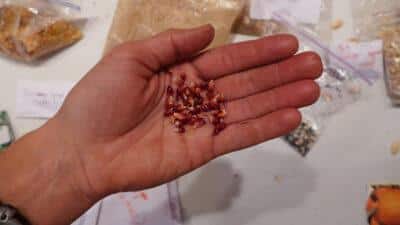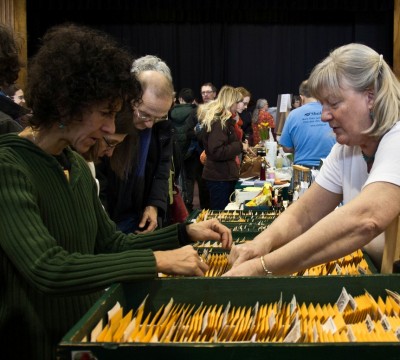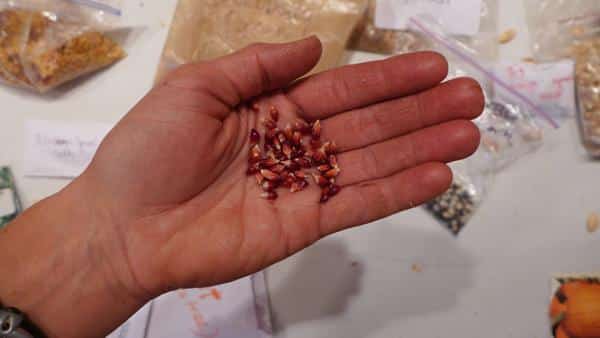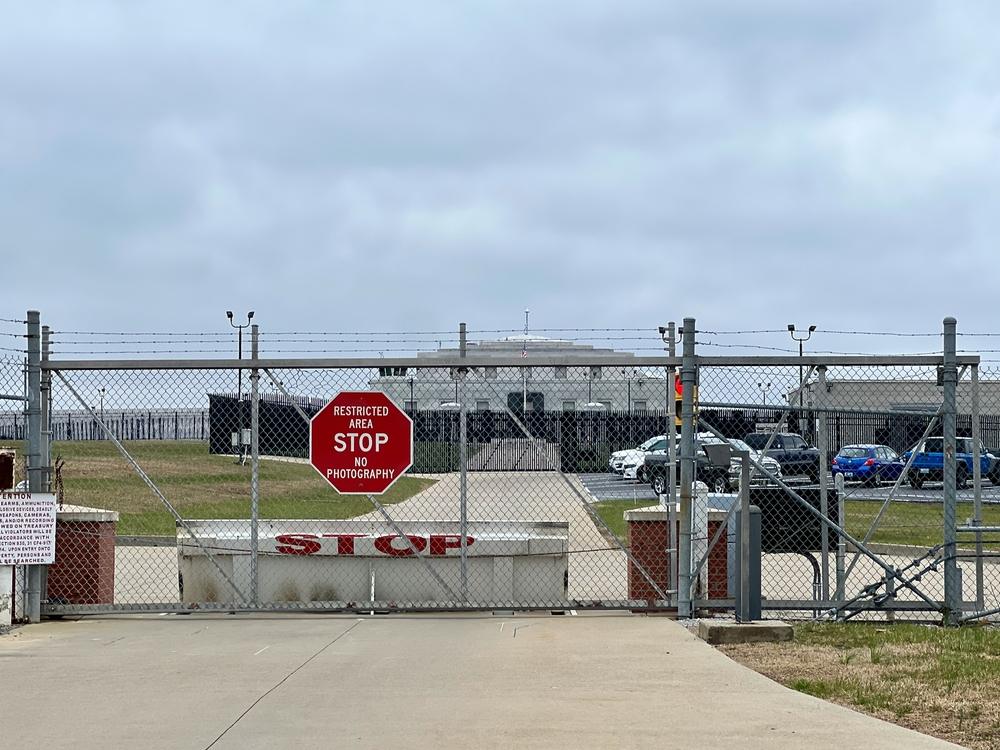
Organizing a seed-sharing effort or community seed library to trade heirloom seeds apparently is illegal in Pennsylvania – and may be illegal in other states, too.
The folks at the Joseph T. Simpson Public Library in Mechanicsburg learned that the hard when they received a letter from the state Department of Agriculture ordering them to shut down their seed library, which allowed gardeners to contribute seeds and take seeds, for free.
The library had innocently launched a seed library that it later learned was in violation of a state law, the Seed Act. The department even sent attorneys and a high-ranking official to investigate the seed library, The Sentinel newspaper reported.
‘We’re Growing Food’
State officials wanted the Mechanicsburg seed library shut down because they said the seeds traded might have contained weeds, invasive species or poisonous plants. The Seed Act gives the Department of Agriculture the authority to regulate the commercial sale of seeds. The library’s supporters said the law doesn’t impact the trading of seeds.
There are now around 333 seed libraries around the United States, the newspaper reported. The largest is apparently in Los Angeles, which now has 800 members and 20 volunteers.
Learn why heirloom vegetables taste better and are simply more nutritious!
One of the reasons the state targeted the seed library was that it was providing seeds grown by private individuals.
The library, though, had many defenders.
“We’re growing food,” David King of the Los Angeles County Seed Library said. “We’re not growing weeds or imported species of plants. I’d say about 99.9 percent (of what seed libraries grow) are vegetables
Commercial Seeds Alright, Loose Seeds Not
In the end, the library reached a compromise with the state, but the compromise won’t allow for the contribution of heirloom seeds that an individual harvests. It only allows for seeds in store-bought packages.

“This was accepted as a realistic solution. As a regulatory agency, it is our charge to protect commerce, and also protect the library from any liabilities,” the Agriculture Department’s press secretary, Samantha Krepps, said of the seed library.
The Cumberland County Library system decided to go along with the protocol to avoid a battle with the state.
“This is not our core mission,” the system’s executive director, Jonelle Darr, said. “If I could have this much attention on other library issues, I’d be happy. In my opinion, it seems like a reasonable approach.”
Darr said she had received large numbers of phone calls and emails asking her to fight the state. She decided that such a conflict wasn’t in the library’s interest.
Among other things, the department could require loose seeds to undergo laboratory testing, including a germination test. The Seed Act requires such testing for all commercially sold seeds in Pennsylvania.
What Is A Seed Library Anyway?
The idea behind seed libraries is to create stockpiles of heirloom seeds for community use and encourage genetic diversity of plants and sustainable agriculture. This is done by giving gardeners an alternative to commercial seeds marketed by big agriculture.
“We really want to establish local varieties of our food supply,” King said of the seed libraries’ mission. Another goal is to preserve local heirloom or heritage varieties of vegetables that are dying out because gardeners and farmers have switched to commercial hybrid seeds.
Seed Libraries In Other States Threatened?
King thinks that seed libraries in other states could be threatened by state regulators. The Pennsylvania Seed Act is similar to laws in other states and federal regulations on commercial seeds, King noted.
“It’s a debate on whether or not we want to talk about it with our state department of agriculture,” King said. “We’re not getting any trouble right now, but we’d also want to change the law to specifically exclude us.”
Do you believe the state should regulate seed exchanges or seed libraries? Tell us in the section below.











